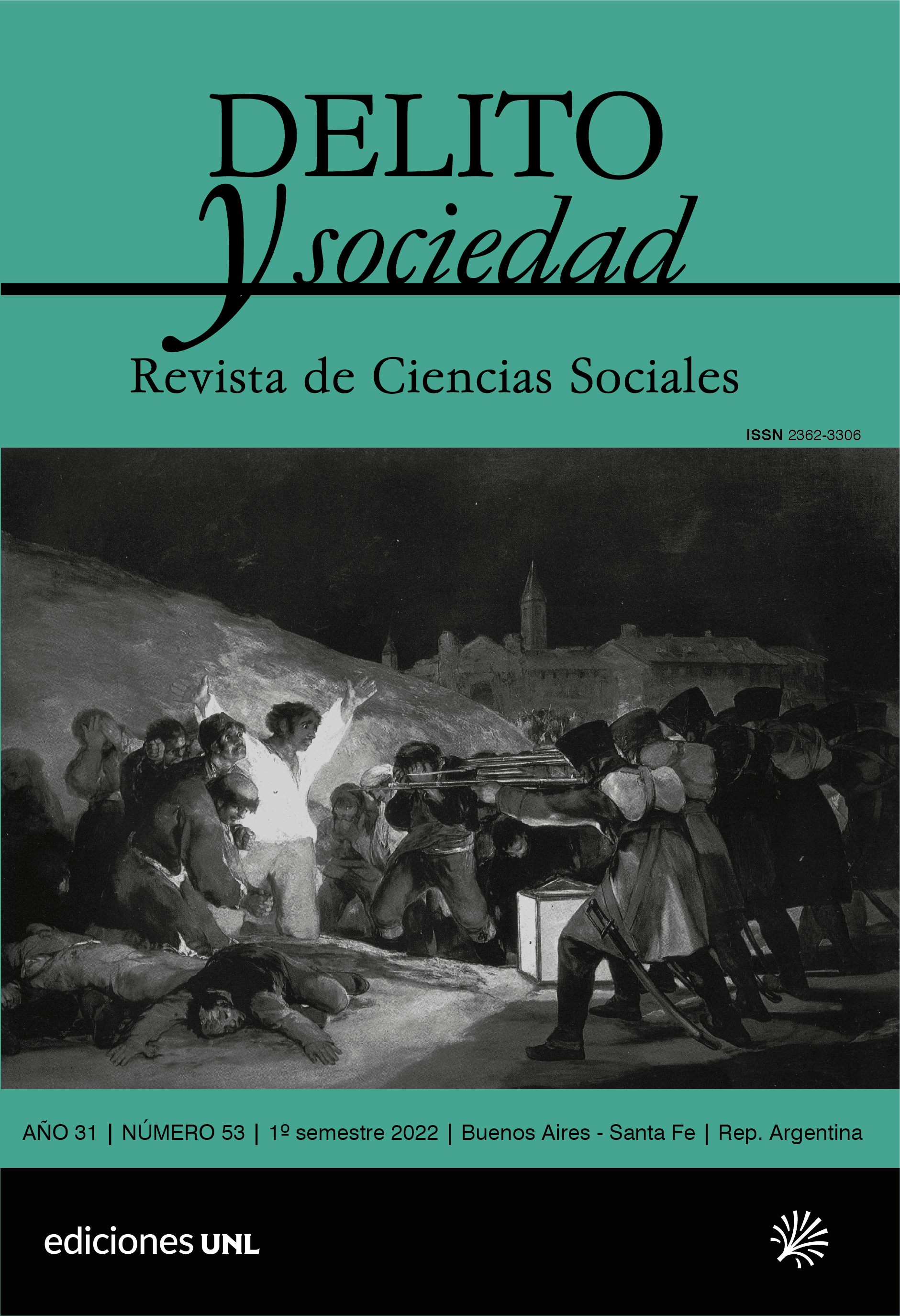Political Economy of Punishment in the global periphery: from Northern silence to uncritical importations?
DOI:
https://doi.org/10.14409/dys.2022.53.e0053Keywords:
political economy of punishment, discipline, prisons, BrazilAbstract
The re-emergence of the political economy of punishment in the development of criminological theories, notably from the 2000s, promoted a rise of comparative analyses among different countries. However, such works have been basically limited to the core countries of capitalism. It follows from this that Latin American, African, and Asian countries have been overlooked by this theoretical framework. Drawing on secondary data (namely the GINI index, rates of unemployment, rates of imprisonment and data of prisoners’ activities) from the Brazilian case, this work brings a Southern and peripheral reality to the contemporaneous criminological debate on Political Economy of Punishment. It also shows how uncritical importation of criminological theories, as if they were a recipe, fails to understand the reality and demands of peripheral societies and their original combinations. It does not mean interrupting the dialogue with Northern and developed countries, nor to despise and reject advanced theories developed in, and for, other realities. Instead, a due contextualization of accumulated criminological knowledge, given the particularities of countries and regions here and there, can be helpful to better understand distinct phenomena experienced in such peripheral regions. This is shown by the relation between punishment and discipline in Brazilian prisons.







